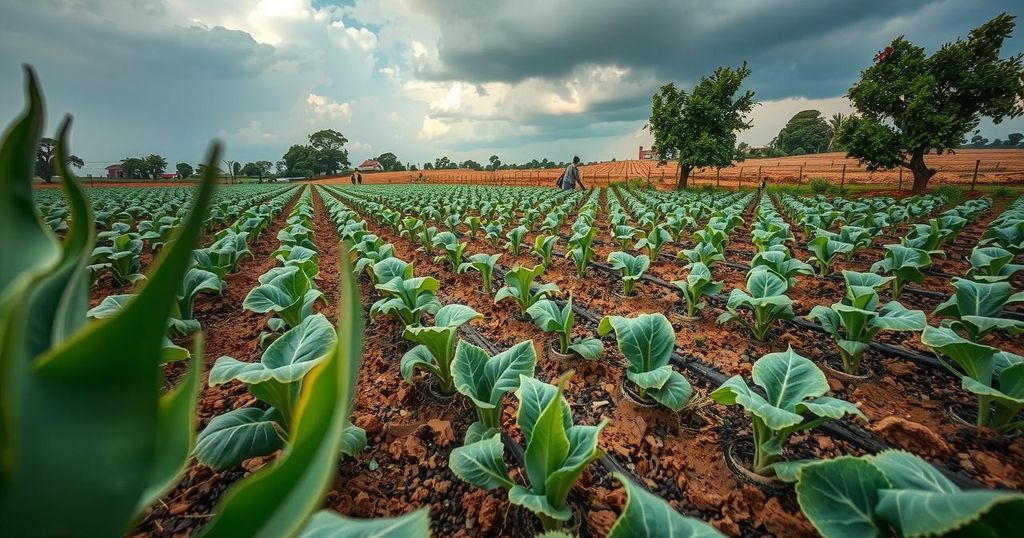Transforming Agriculture: Zimbabwean Farmers Embrace Maggot Farming for Sustainability

In Zimbabwe, farmers such as Mari Choumumba have turned to maggot farming as a sustainable solution to drought and protein shortages for livestock feed. Initially met with fear due to health concerns, this practice has proven cost-effective, reducing feed costs by about 40%. Supported by government initiatives and international organizations, this innovative farming technique not only enhances food security but also improves waste management.
In southeastern Zimbabwe, a group of farmers has transformed their approach to agriculture by farming maggots, a practice initially met with skepticism and concern. Mari Choumumba is one of the farmers who has adopted this method after drought devastated traditional crops like corn. Originally viewed with fear due to concerns about health risks connected to flies, maggot farming has proven to be a sustainable source of protein-rich feed for livestock, particularly chickens. By using organic waste to feed maggots, these farmers not only cut production costs significantly but also address environmental issues related to waste management. This innovative approach has garnered support from government programs and organizations like USAID, aiding farmers in adapting to climate challenges while bolstering their livelihoods. Through her efforts, Choumumba is part of a growing movement that helps communities recover from economic hardships and promotes local food security.
The article features the unique farming practice of maggot breeding adopted by Zimbabwean farmers in the context of drought and food insecurity. Following severe agricultural losses, many rural farmers have turned to this unconventional method, utilizing the larvae of the black soldier fly to produce low-cost, high-protein feed. This shift not only mitigates the impact of drought on food supplies but also provides an innovative solution to waste management. The government and international organizations are promoting this technique, enhancing its acceptance among local communities, and highlighting its environmental benefits.
The farming of maggots represents a significant innovation for Zimbabwean farmers grappling with the twin challenges of drought and rising food production costs. This practice, once regarded with repulsion, has evolved into a practical and profitable solution that not only supports livestock feeding but also addresses waste management issues within communities. As farmers like Mari Choumumba demonstrate success, others are beginning to follow suit, illustrating a promising path toward greater food security and agricultural resilience in Zimbabwe.
Original Source: apnews.com







